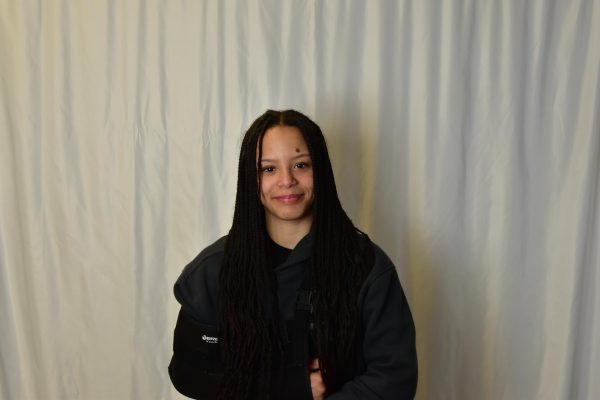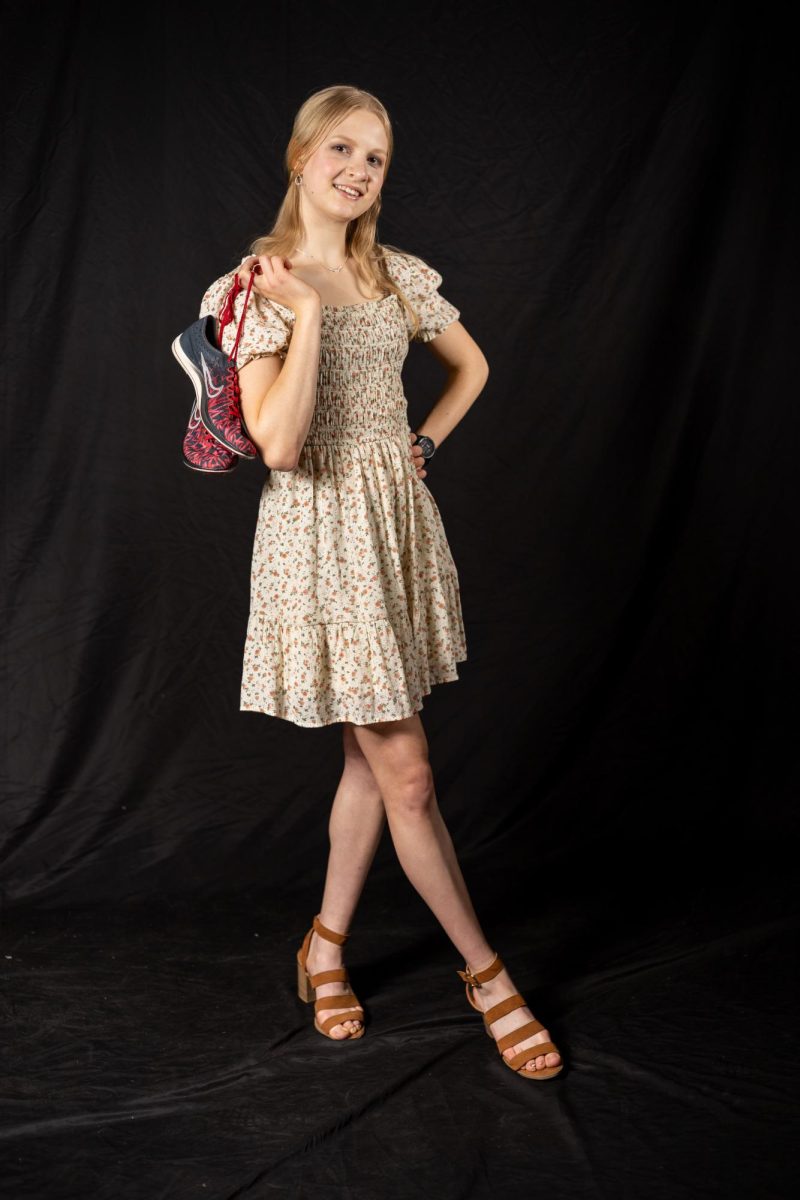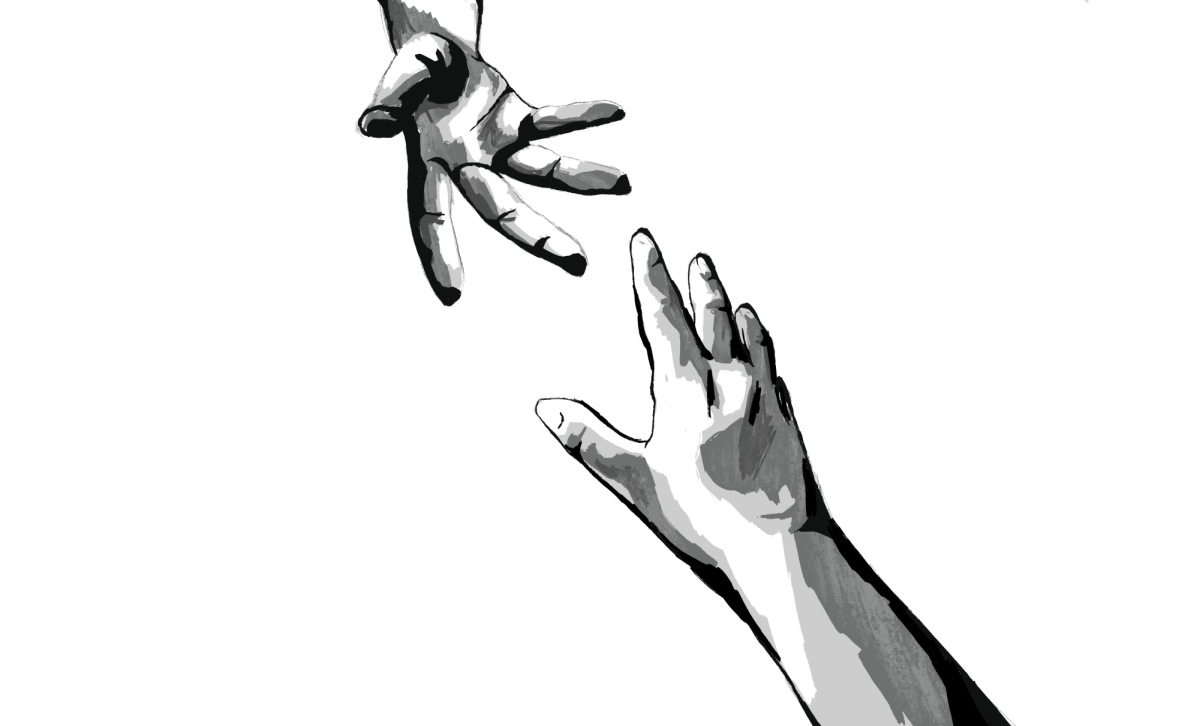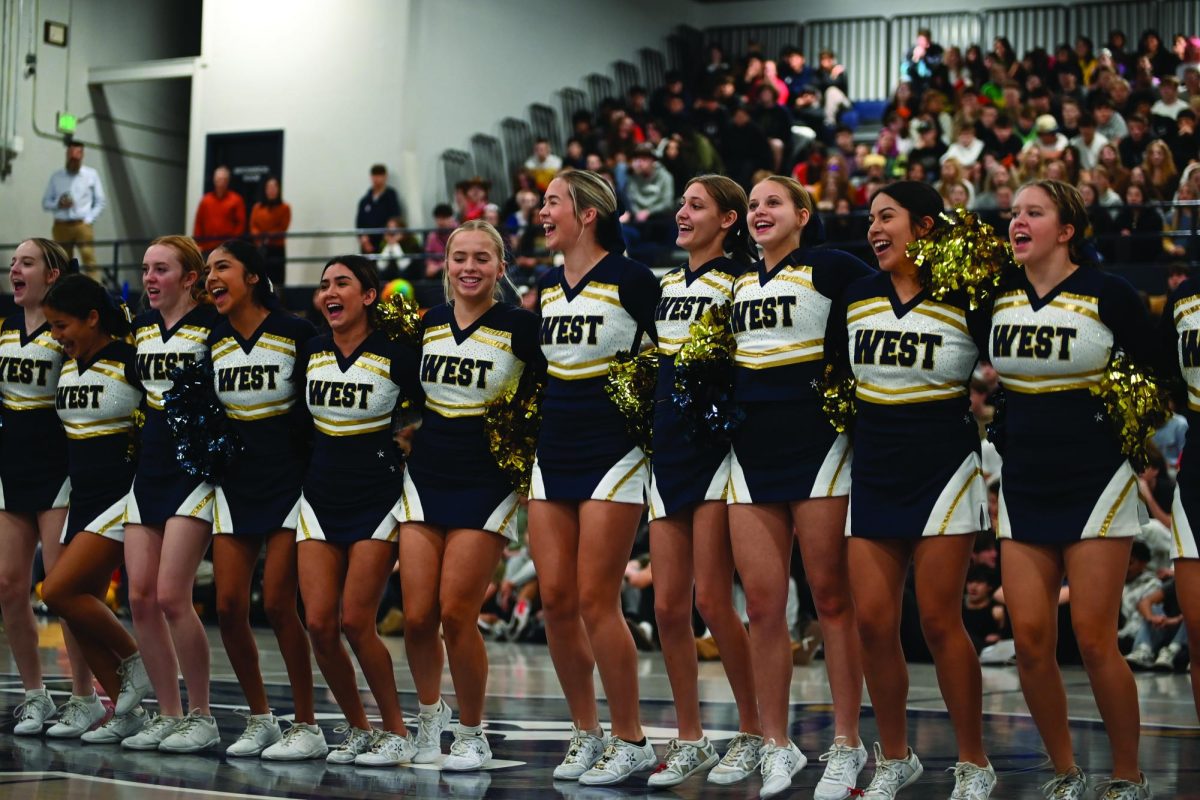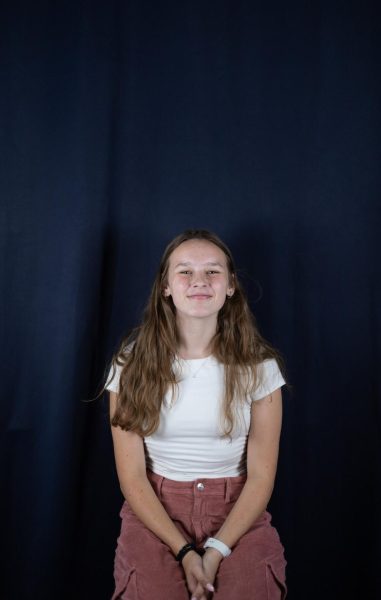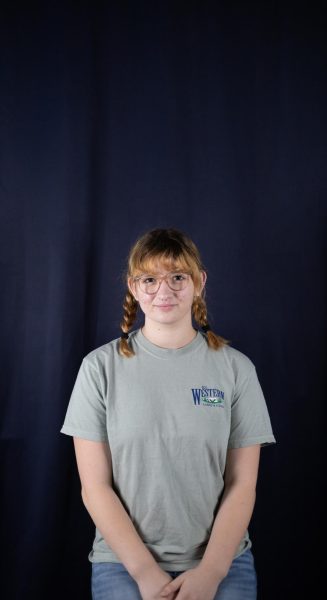Do a quick google search for sexist comments about female athletes, and you’ll find quotes like, “The German team didn’t stop Norway’s free kick goal because they might not have wanted to mess their hair up,” which was said by TV personality Stephen A. Smith during the Women’s World Cup.
Or “Do you think Bartoli’s dad told her when she was little: ‘You’re never going to be a looker, you’ll never be a Sharapova, so you have to be scrappy and fight?'” which BBC personality John Inverdale said over live radio.
Or a Tweet by Frankie Boyle saying, “I worry that Rebecca Adlington will have an unfair advantage in swimming by possessing a dolphin’s face.” All of these comments, which were reported in a Buzzfeed article, show what female athletes deal with regularly.
Many female athletes know what it’s like to play and grow in environments that value appearance over performance when they participate in any sport.
“They want someone who’s skinny and has a certain body shape. They don’t like to see girls who are bigger and more muscular, even though they are stronger,” said senior distance runner Bethany Doggett. “You see those comments [from] adults…especially men, who don’t know what it takes to be healthy, strong and athletic, it’s mostly what they want to see.”
Doggett has dealt with multiple stereotypes throughout her time as a runner, consisting of outside criticism about how her and other females’ bodies should look for their sports.
“There’s so many things people are going to tell you to do, like how you should train… what you should eat, and what your body should look like. People who are saying she’s bigger, she’s not going to go as fast, she’s not going to be as good, or just commenting on my body.”
Doggett credits her mental strength to her confidence: “It’s just building your own individual confidence in who you want to be and what your goals are… It’s just kind of shutting out a lot of those outside voices and focusing on what is the best for you and what builds your strength and ability the most.”
Bodies change throughout life, especially in high school. Doggett’s physical focus and training over the years has changed to a stronger and more physically fit approach. “When [I was] small, frail, thin, it didn’t make me feel feminine or strong at all. It’s these moments when I am strong, I think it’s the confidence that comes with it that really makes me feel feminine.”
Doggett finds a lot of inspiration from the other runners she competes against, attributing her confidence on the track to the camaraderie of the race. “There’s something just feminine about the sport in general, lining up with a bunch of women your age and just pushing each other, no guys on the field, it’s just you,” Doggett said.
There is also a feeling or satisfaction from her training when she can compete against other girls.
“When I’m strong, especially when with that strength, I’m on the level that I can compete with all these other strong, advanced, good female athletes. It builds a lot of confidence to see myself as one of them.”
However, she didn’t always have such a positive outlook on the people she raced.
“It was scary at first, especially when you see things like [your] competition, who are, you know, all skinny and thin and whipped or something,” Doggett said.
But Doggett overcame the intimidation by focusing on what she could control, adding, “it’s just thinking about you and your future and saying, ‘You don’t know the health of these people, they might be healthy at that weight, body type, and they might not,’ and just focusing on you and what’s healthy.”
Individual sports such as distance running take a lot of self-confidence to perform at the level Doggett does; she explains how her routine adds self-assurance.
“I like to do little things for race day. I’ll put on makeup, like sparkly eyeshadow or blue eyeliner or lip gloss before the race…It may seem like it’s unnecessary, but with running being such a mental sport, it adds a lot to my confidence.”
Doggett works to counter the stereotypes against female athletes by how she prepares for her races, “I see the actions I take as resistance to [the stereotypes] because now I actively focus on nutrition, eating a lot, strength training, building muscle and stuff like that, as opposed to the stereotype of, don’t eat too much, you don’t want to gain weight, don’t get fat, you don’t want to get slow” Doggett said.
Senior cheerleader Sabrina Ulibarri has experienced multiple changes throughout her time as a cheerleader, starting out as a flyer, and eventually changing to a base. She realized the strength and determination that is required for her current position.
“I enjoy showing off my physical strength because everybody can be strong in their own way,” Ulibarri said.
Ulibarri feels her position on the team is very important to the competitions and performances, and to resisting the stereotype.
“I think that it might come across if you’re super strong and muscular, you don’t look as feminine as the normal beauty standards show… In reality, I feel like showing that you’re protecting other people and using your strength to help. Just making your whole team better is important,” Ulibarri said.
Ulibarri emphasizes the impact and importance of the support she’s gotten from her coaches.
“Having [cheerleading coach Morgan] Wadlow as a coach made all the girls feel way more comfortable in their bodies,” said Ulibarri.
Though it hadn’t always been such a welcoming and positive environment, she emphasizes the difficulties her past teammates have faced.
“A few years ago, we had girls on the team who were kind of body shamed a little bit, and our old coaches used to kind of body shame us before my current coach,” Ulibarri said.
“We used to be told our uniforms would look better if we lost a few pounds or gained a few pounds. So I think that was a huge pushback.”
Many people find different ways to cope with outside judgments. Ulibarri finds the support and encouragement from the people around her have helped her dramatically throughout the sport.
“If you’re around teammates who are super supportive of your physical and personal side,” Ulibarri said.”I think I have such a team, a good team, with such great girls, that we all are just so comfortable around each other and never feel judged.”
Q&A with Sophomore Macie Manning
Q: What things do you do that make you feel feminine?
Manning: During my sport I do my hair really cute, I’ll put bows in my hair, and wear pink singlets before a wrestling match.
Q: What does it mean to you to be able to showcase your strength while being a woman?
Manning: It makes me feel empowered, the fact that girls can do just as much as boys can.
Q: Any other comments to add on this topic?
Manning: I feel like when girls started doing wrestling it really showed that boys aren’t only capable of doing things like they say girls can’t do. Each year wrestling grows more and more with girls, and it’s really showing how much girls are digging up, and being feminine in their strength
